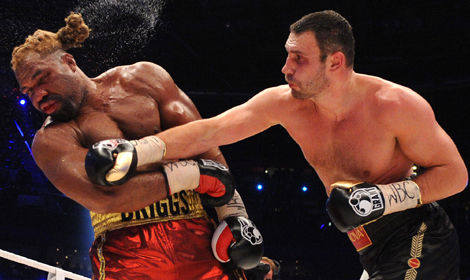<div ="post">102 years ago today.
Rushcutter's Bay,Australia.
http://www.youtube.com/watch?v=oZ_Dguh9hEE
<div ="post">Extraordinary film - but the announcers were
lying. Burns was not defenseless. He was never off his feet. He
weighed 168 to Johnson's 212. Here's the annotation under the fight on
Boxrec:
Bout halted by the
police, per prior agreement; decision awarded by the referee. Rudy
Unholz later admitted to Otto Floto that he and a pal had crawled under
the ring prior to the 14th round and shouted for the police to stop the
fight. Unholz worked Johnson's corner and had a sizeable sum on Jack
winning.</span></div>
</div>
Rushcutter's Bay,Australia.
http://www.youtube.com/watch?v=oZ_Dguh9hEE
<div ="post">Extraordinary film - but the announcers were
lying. Burns was not defenseless. He was never off his feet. He
weighed 168 to Johnson's 212. Here's the annotation under the fight on
Boxrec:
Bout halted by the
police, per prior agreement; decision awarded by the referee. Rudy
Unholz later admitted to Otto Floto that he and a pal had crawled under
the ring prior to the 14th round and shouted for the police to stop the
fight. Unholz worked Johnson's corner and had a sizeable sum on Jack
winning.</span></div>
</div>









